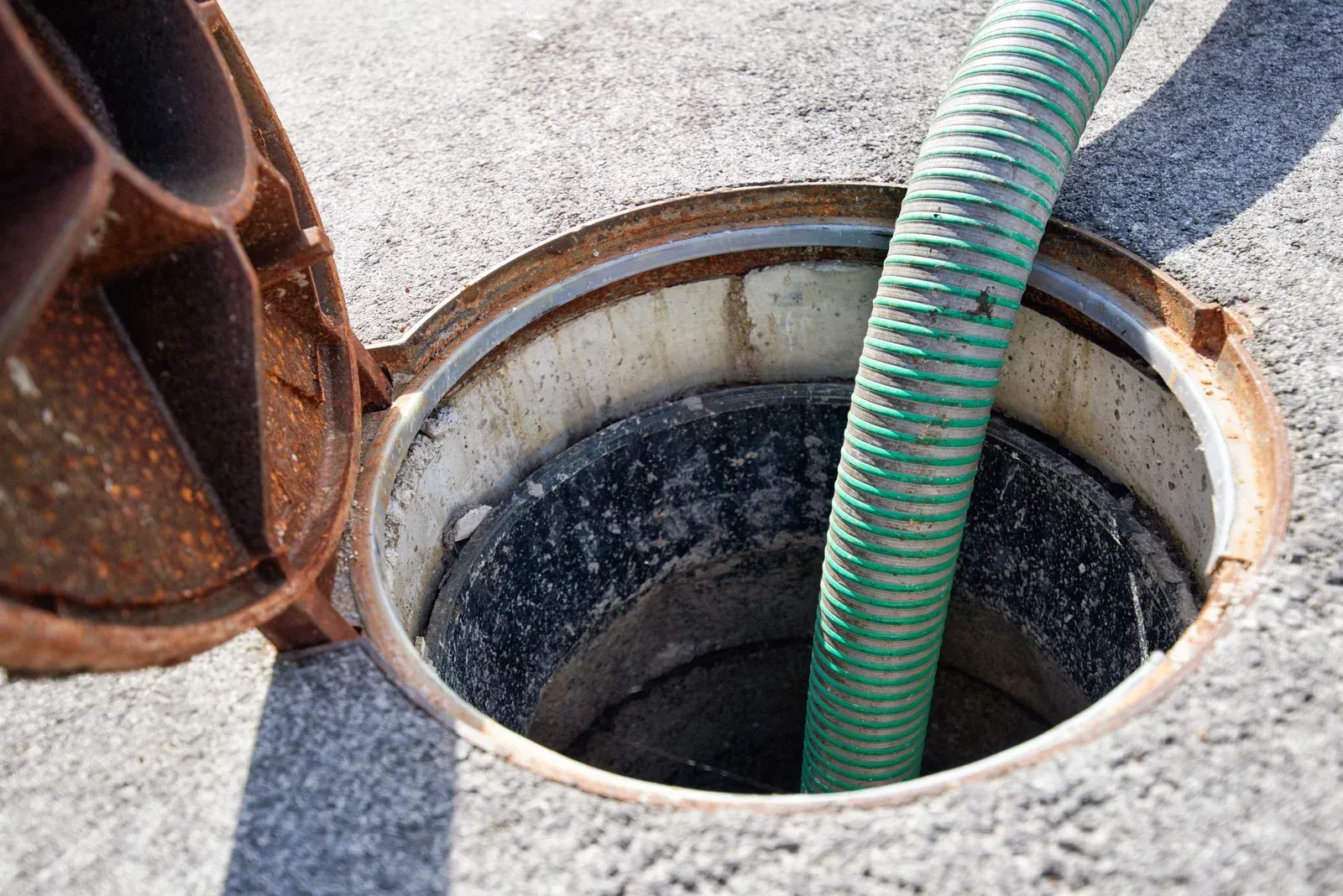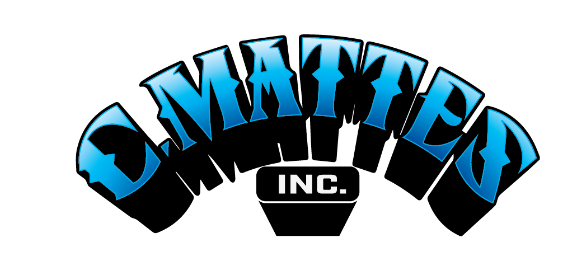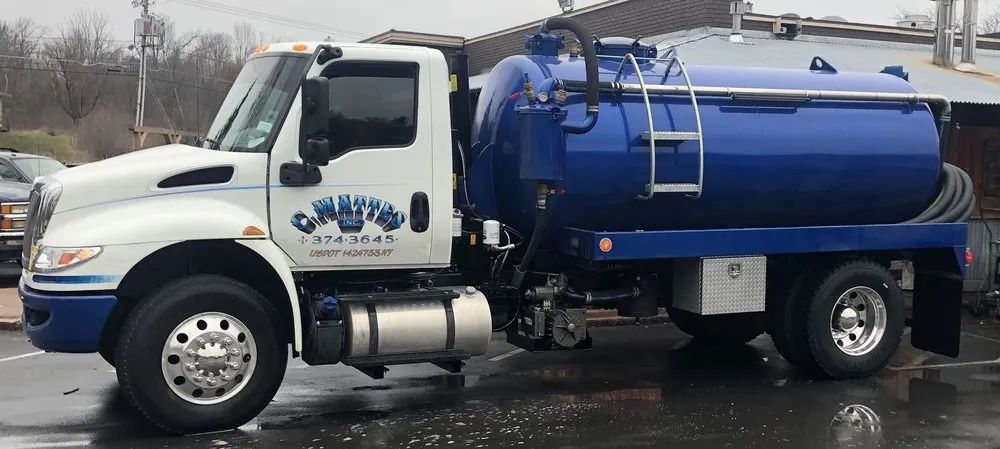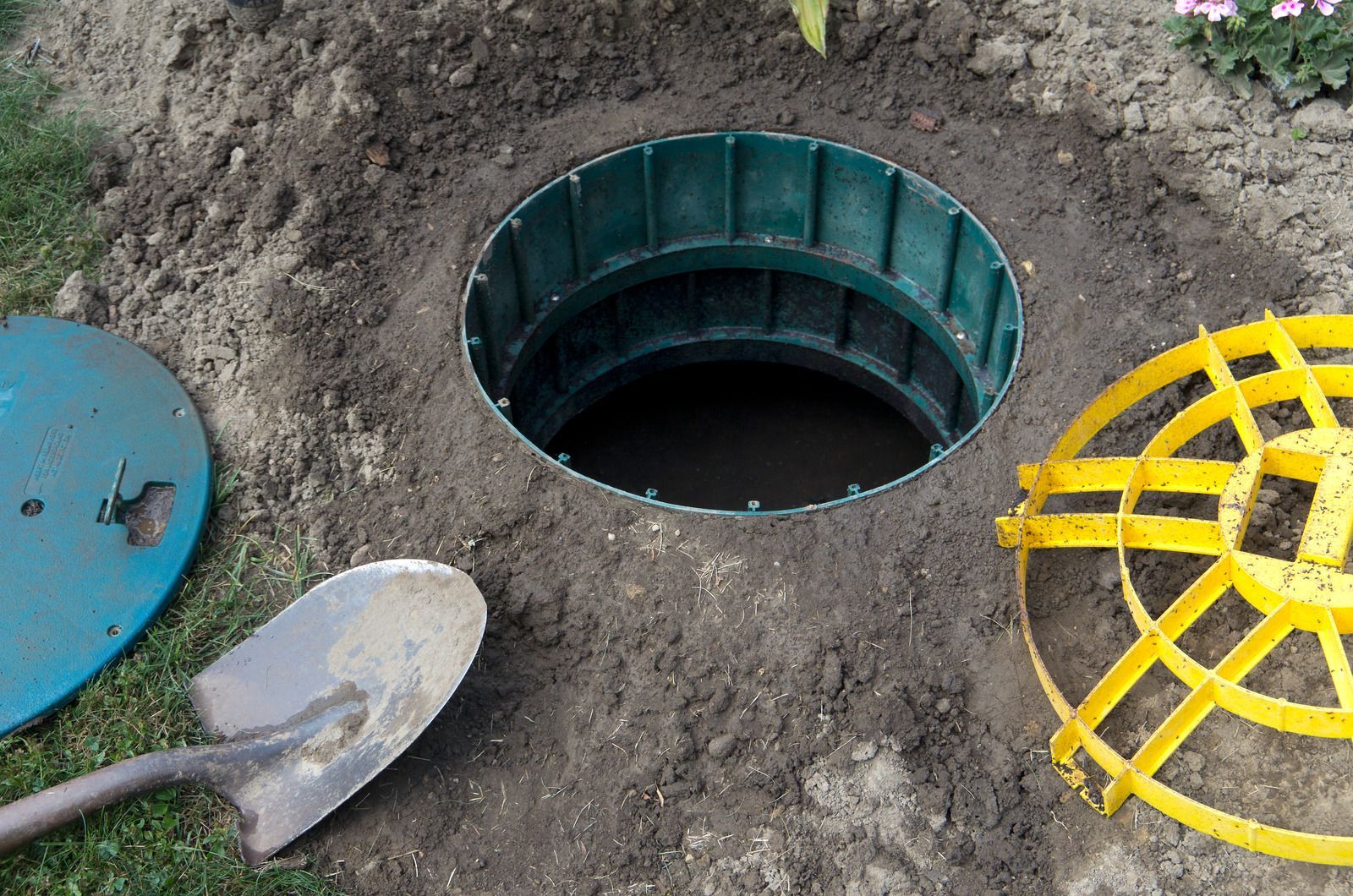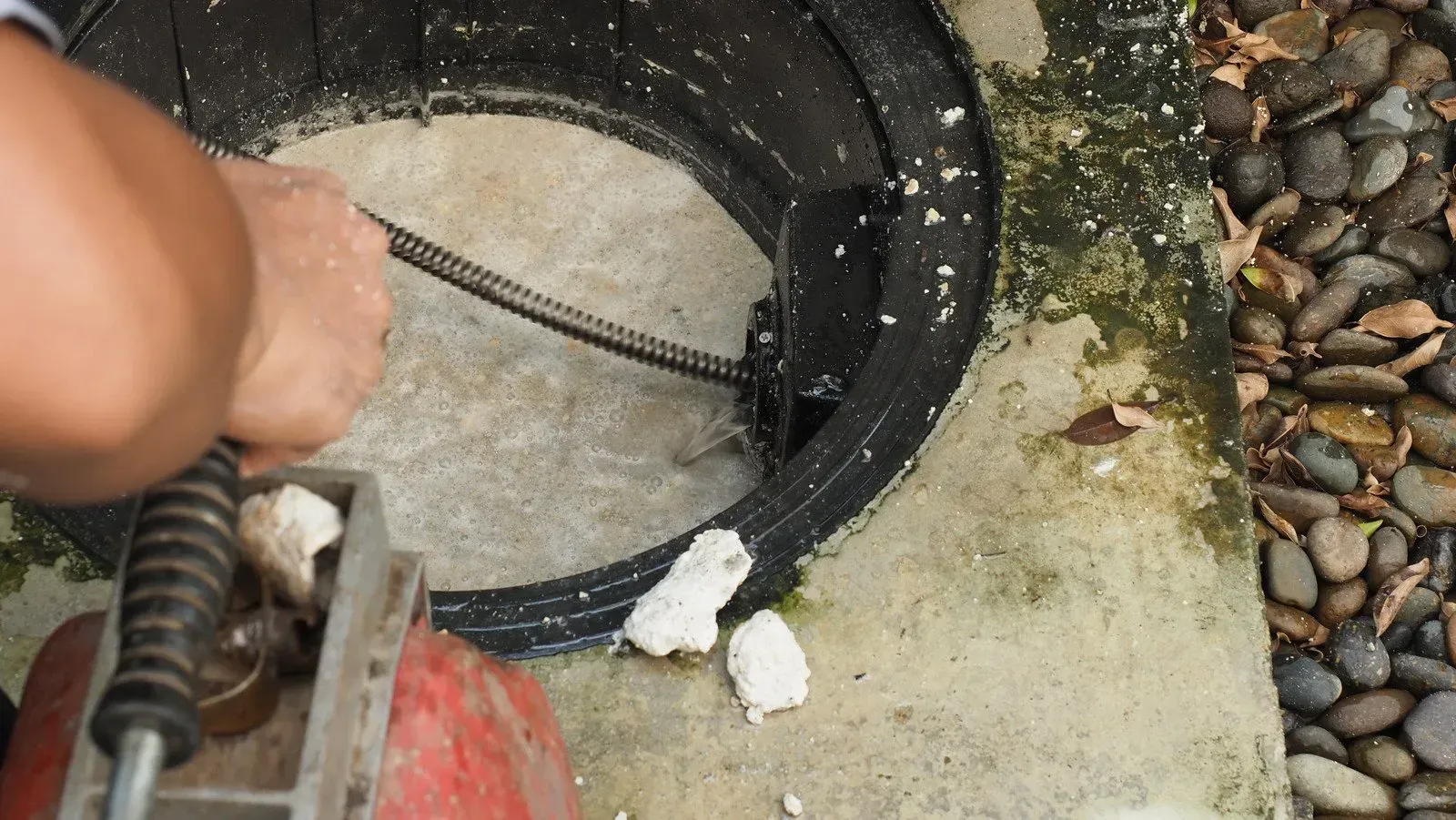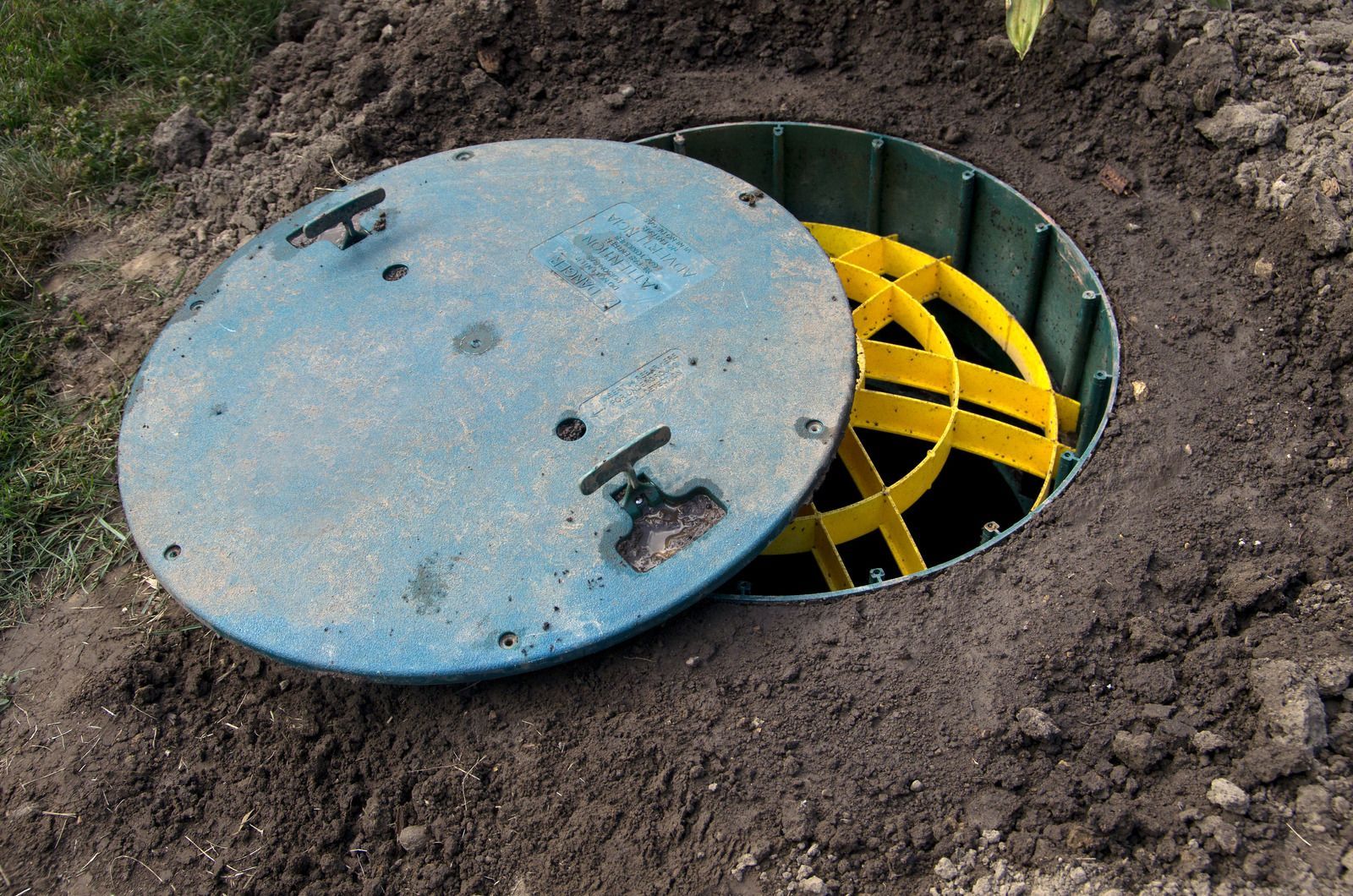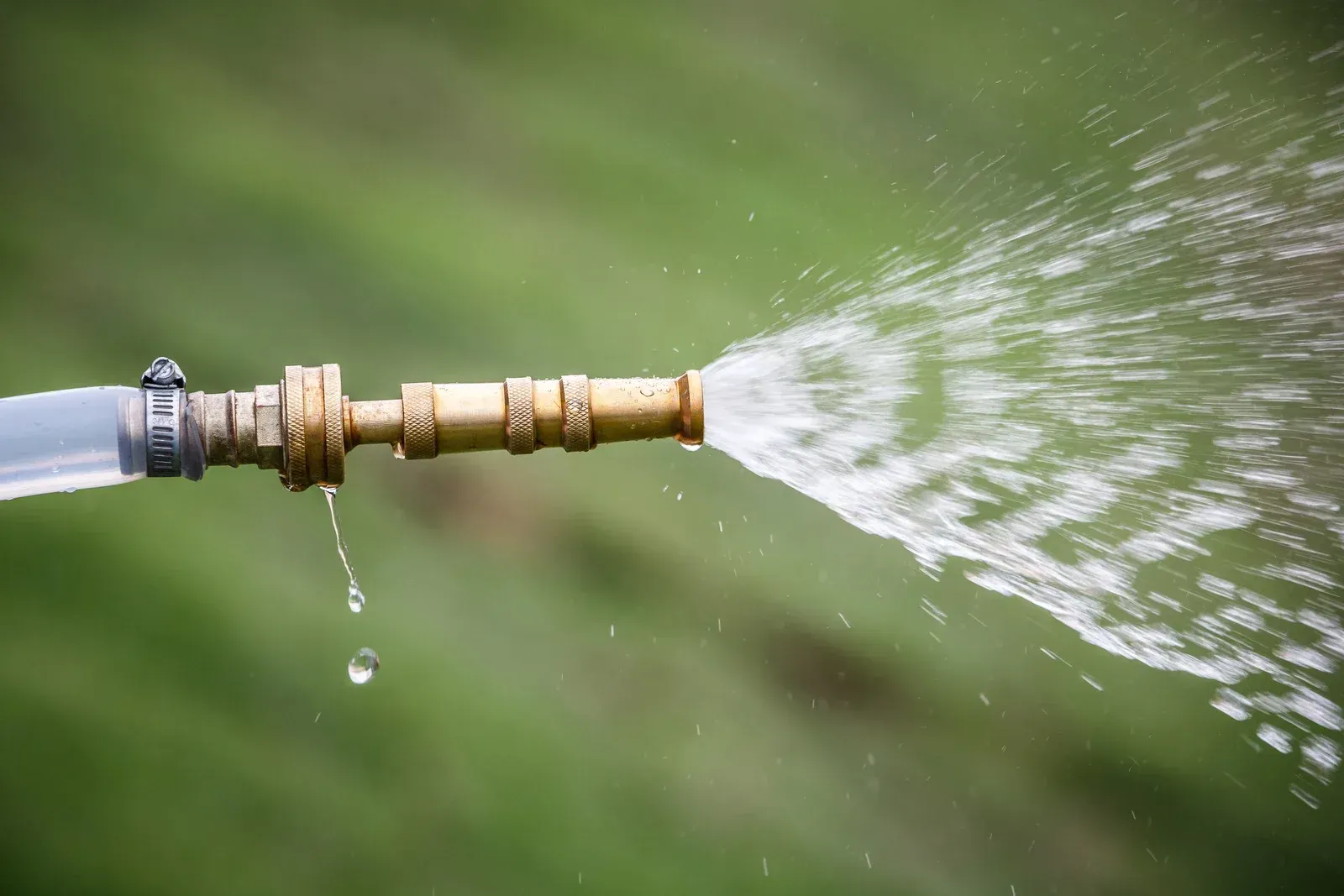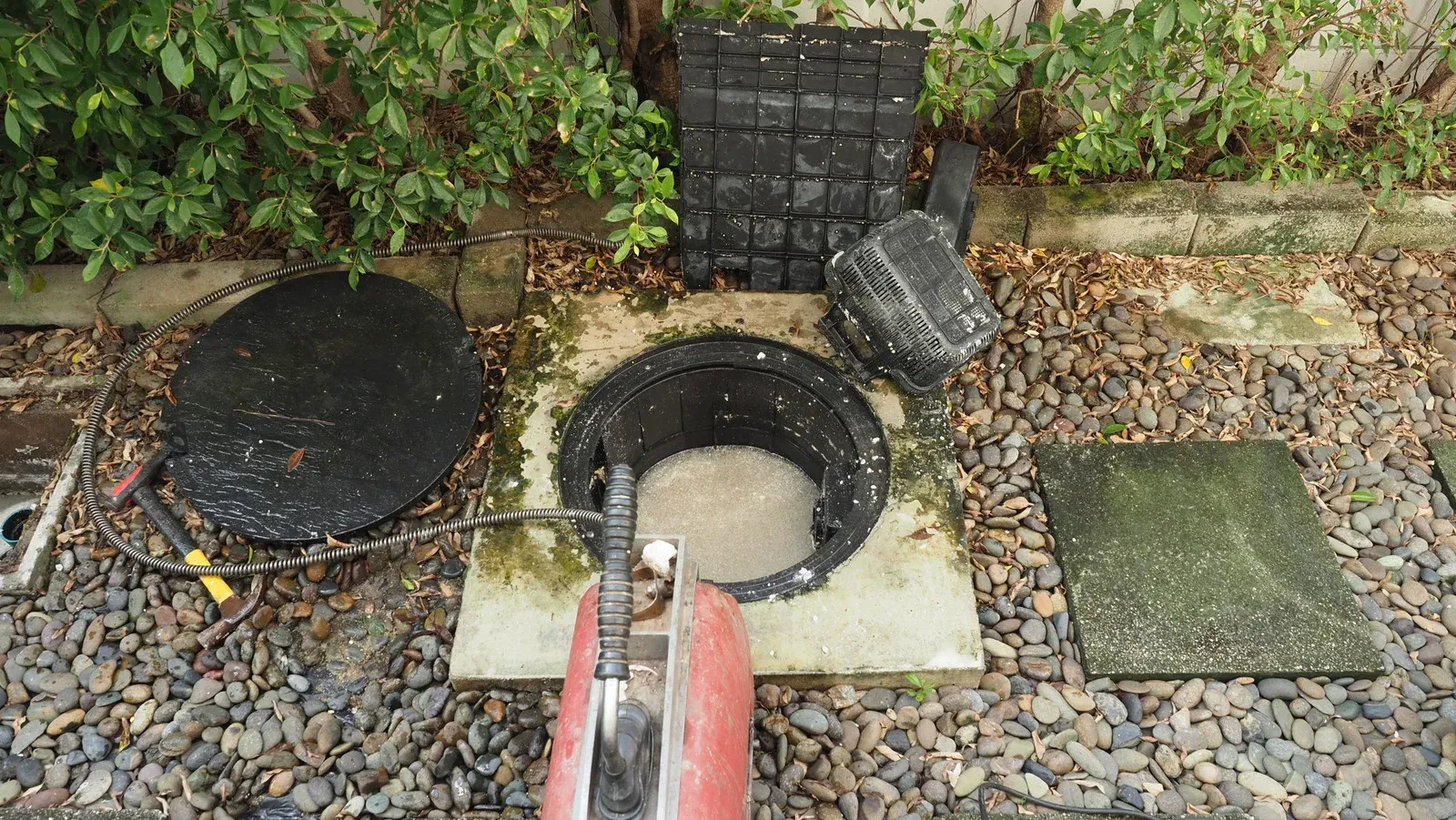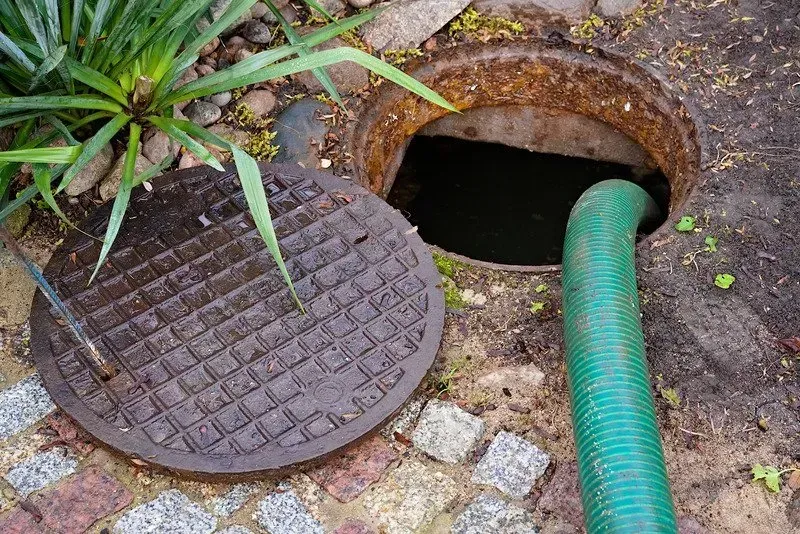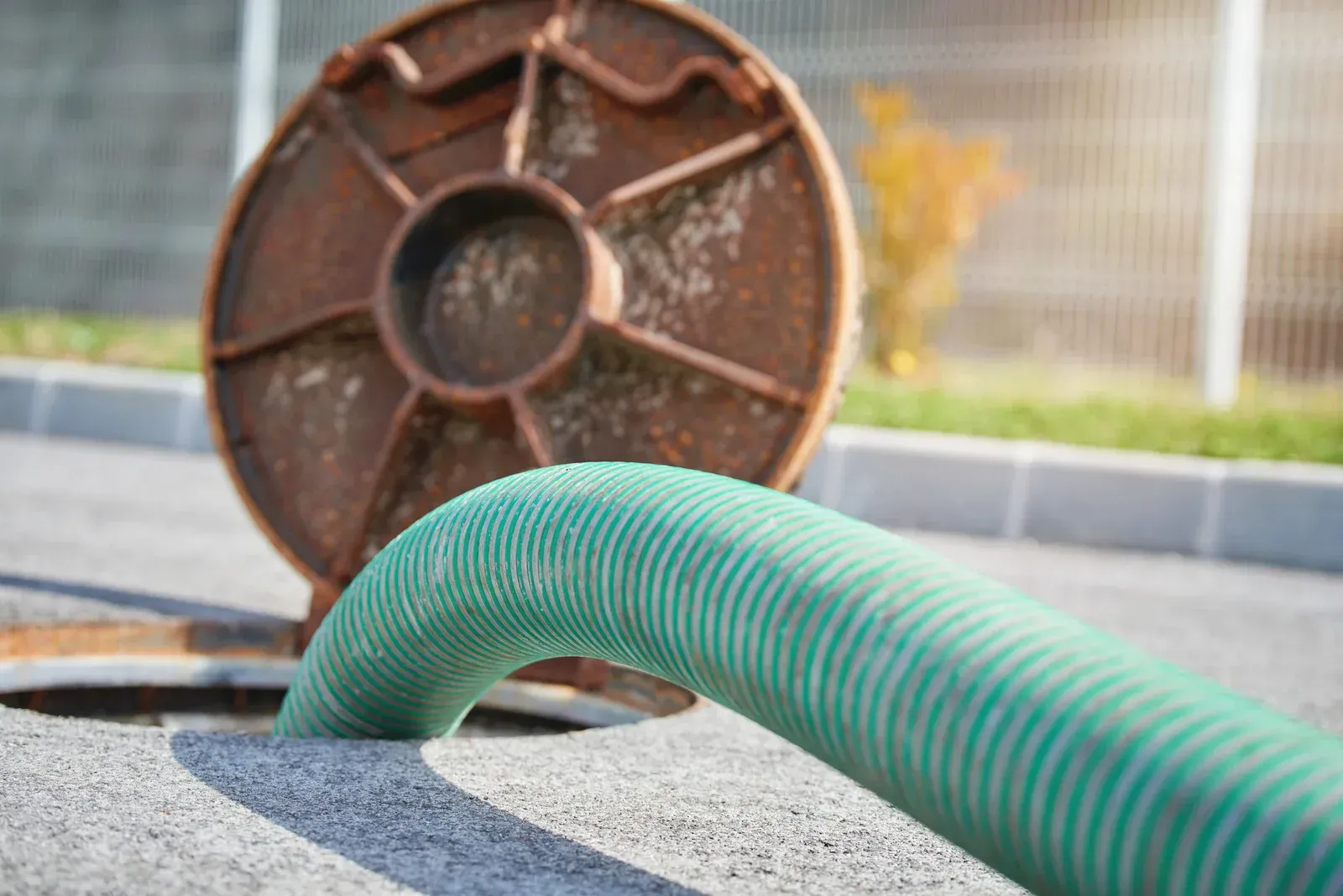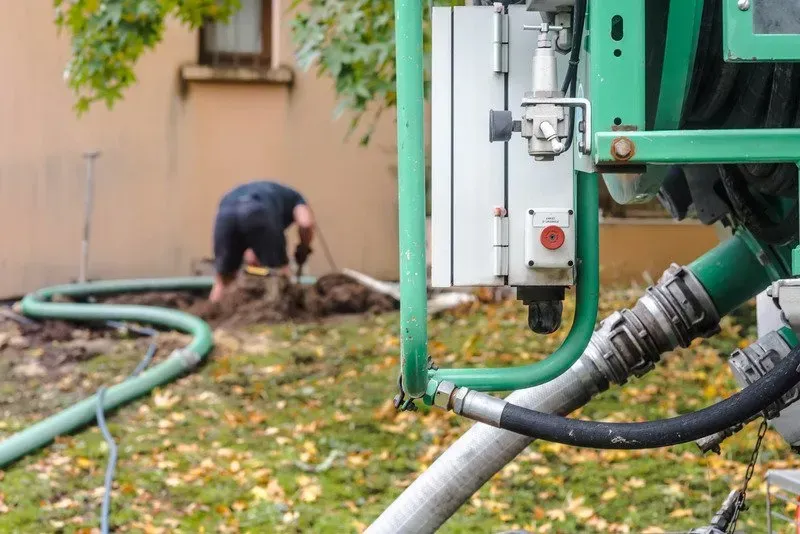How Neglected Grease Traps Can Disrupt Your Business — And What Regular Pumping Does to Prevent That
Grease traps are an essential part of any commercial kitchen, quietly capturing fats, oils, and grease (FOG) before they enter the plumbing system. When properly maintained, they protect your business from clogs, foul odors, health hazards, and expensive plumbing emergencies. However, when grease traps are neglected, the effects can ripple through your operations, leading to costly repairs, interruptions, and potential violations. Early detection and consistent maintenance can save both money and reputation.
Many restaurant and kitchen owners assume grease trap problems occur suddenly, but in reality, warning signs often appear long before a major blockage develops. Knowing what to watch for helps you act proactively, preventing small issues from turning into significant disruptions.
Slow Drains and Frequent Backups
One of the first indicators of a neglected grease trap is slow drainage. If sinks, dishwashers, or floor drains are draining more slowly than usual, fats, oils, and grease may be building up in the trap, restricting wastewater flow. Slow drainage across multiple fixtures is a clear sign that your system is under strain. Ignoring this symptom can result in raw wastewater backing up into the kitchen, causing unsanitary conditions, downtime, and lost revenue. Regular professional pumping removes accumulated FOG, keeping your system flowing smoothly.
Unpleasant Odors
Strong, foul odors near sinks, drains, or the grease trap itself are another early warning. Rancid, sewer-like smells occur when accumulated grease decomposes and releases gases. Persistent odors not only make the kitchen environment unpleasant but also signal that the system is failing to function efficiently. Prompt cleaning and maintenance eliminate these odors and restore a safe, comfortable work environment for staff.
Overflow and Spillage
Neglected grease traps can eventually overflow, spilling fats, oils, and grease into the kitchen or plumbing system unexpectedly. Even minor spills are extremely hazardous, creating slippery floors, attracting pests, and significantly increasing health risks for staff and customers. Regular professional pumping keeps grease levels under control, preventing overflows and effectively protecting both employees and customers.
Clogged Pipes and Plumbing Issues
If grease enters the drainage system, it can harden over time and cause severe blockages in pipes and sewer lines. Frequent clogs, gurgling noises, or unusually slow draining indicate immediate attention is required to prevent further damage. By maintaining the trap on a routine schedule, you dramatically reduce the risk of costly plumbing repairs and avoid major operational disruptions.
Regulatory Compliance
Many municipalities and local authorities require commercial kitchens to maintain grease traps according to strict health codes and regulations. Failure to comply can result in fines, citations, or even temporary closures, potentially harming business operations. Routine pumping not only protects your plumbing system but also ensures full compliance with health and safety regulations, safeguarding your business from expensive penalties.
Conclusion
Neglecting a grease trap may seem minor, but it can lead to messy, costly, and potentially dangerous problems. Regular pumping prevents slow drains, foul odors, overflows, clogs, and regulatory violations. C Mattes Inc
provides expert grease trap pumping and cleaning services throughout Syracuse, NY, and surrounding areas, helping commercial kitchens operate efficiently, safely, and worry-free year-round.
